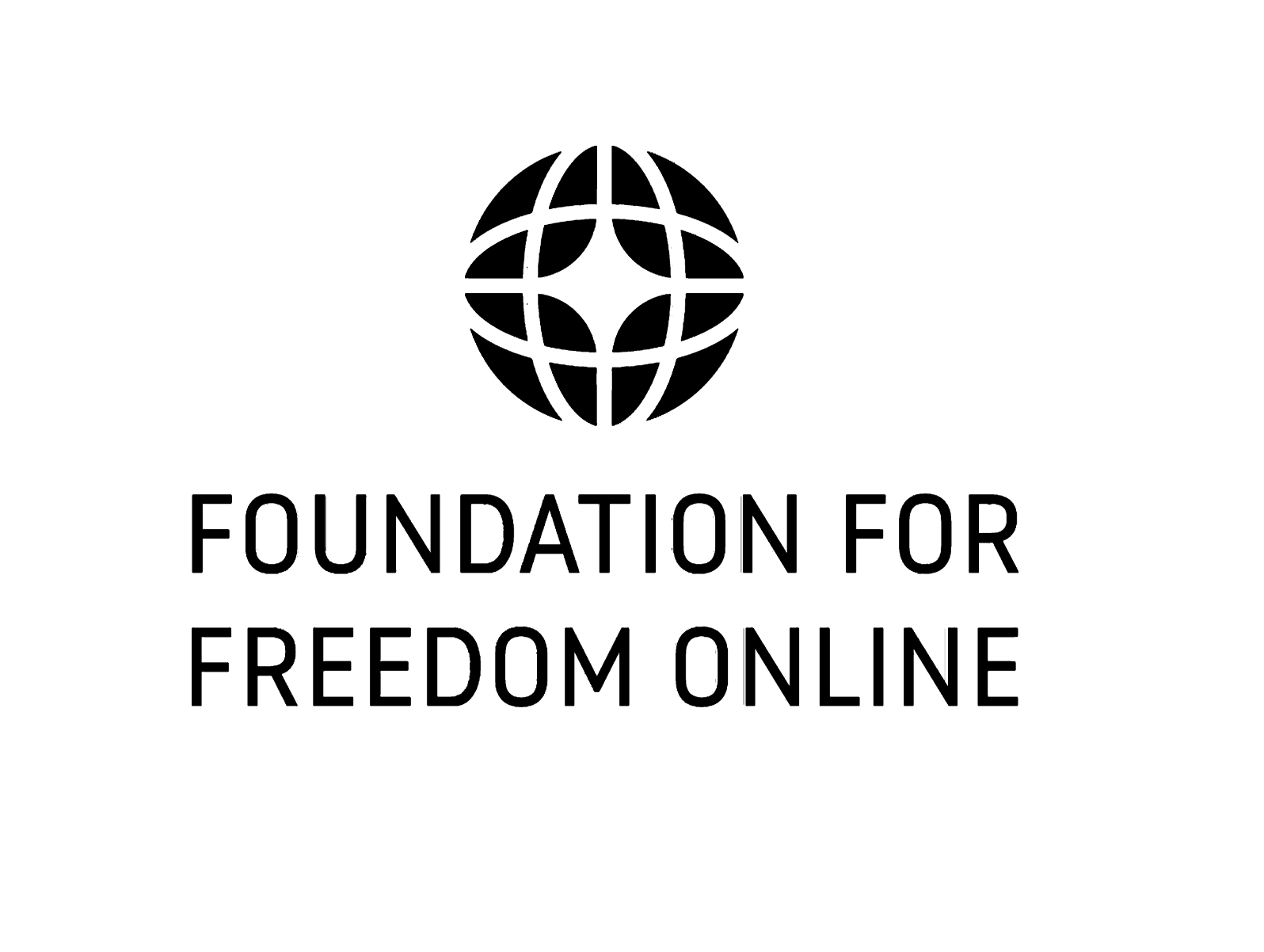SUMMARY
- The Digital Services Act (DSA) creates a unified framework for government-directed content moderation across the European Union.
- Each EU member state now has a “digital services coordinator,” with the power to penalize online platforms if they fail to adequately address “systemic risks,” including hate speech and misinformation.
- These official speech commissars can deputize third party entities to act as “trusted flaggers,” empowering the global network of NGOs, research institutes, and private companies that make up the censorship industry.
- Elon Musk’s X became the first platform to be investigated after the DSA took effect, after months of threats from EU officials over Musk’s attempts to restore free speech to the platform.
The Digital Services Act (DSA), which went into effect at the start of 2024, is the European Union’s flagship online censorship law. Other than China’s Great Firewall, it is arguably the most elaborate and wide-reaching instrument of government control of online content in the world.
The law creates censorship obligations for what it terms Very Large Online Platforms (VLOPs) and Very Large Online Search Engines (VLOEs). This category, which includes any platform or search engine with over 45 million users in the EU, is subject to the law’s most stringent censorship requirements, with a hefty fine of 6% of a provider’s global annual turnover levied in the event of non-compliance.
What is required of the online platforms? The core requirement is that they develop tools to “identify, analyse, and assess systemic risks” related to their service, and then “put measures in place to mitigate these risks,” including “adapting the design or functioning of their services or changing their [recommendation] systems.” In other words, the EU wants platforms to identify and suppress content proactively — something that, realistically, can only be accomplished at scale using AI censorship tools.
The EU’s requirements for the type of content that ought to be suppressed are similarly far-reaching. The EU identifies several types of “systemic risks,” including anything that threatens “public security and electoral processes,” “gender-based violence,” “discrimination,” or “illegal content.”
Under EU law and the laws of many EU member states, “illegal content” includes so-called hate speech, which has been used as a pretext to criminally penalize political candidates and members of the public for political expression in a number of European countries.
Informational threats to “public security and electoral processes” are also a tried-and-true pretext for censoring political opposition. Indeed, “election integrity” was the main pretext used by U.S. government-tied groups to censor American political speech during the 2020 election.
To ensure compliance, the DSA establishes an official censorship bureaucracy that stretches across the EU, consisting of “digital service coordinators” in each of the EU’s 27 member states, are empowered to ensure compliance with the law. Each coordinator has the power to request data from and impose fines on online platforms in the event of non-compliance.
Additionally, the digital service coordinator can certify outside organizations as “trusted flaggers” who are “experts in detecting, identifying and removing illegal content,” a massive win for the vast international network of NGOs, university “disinformation monitoring” hubs, and private companies that make up the censorship-industrial complex.
The DSA’s second gift to the censorship industry consists of requirements for online platforms to allow “vetted researchers” to access their data, once again allowing pro-censorship “disinformation research” institutes free access to data that would require a commercial API license costing tens of thousands of dollars a year.
As the DSA’s effective date approached at the end of 2023, the EU’s ruling commission of unelected bureaucrats immediately used its new powers to investigate Elon Musk’s X, after months of saber-rattling from European officials that began shortly after Musk’s takeover of the company and concurrent promise to roll back its censorship regime.





